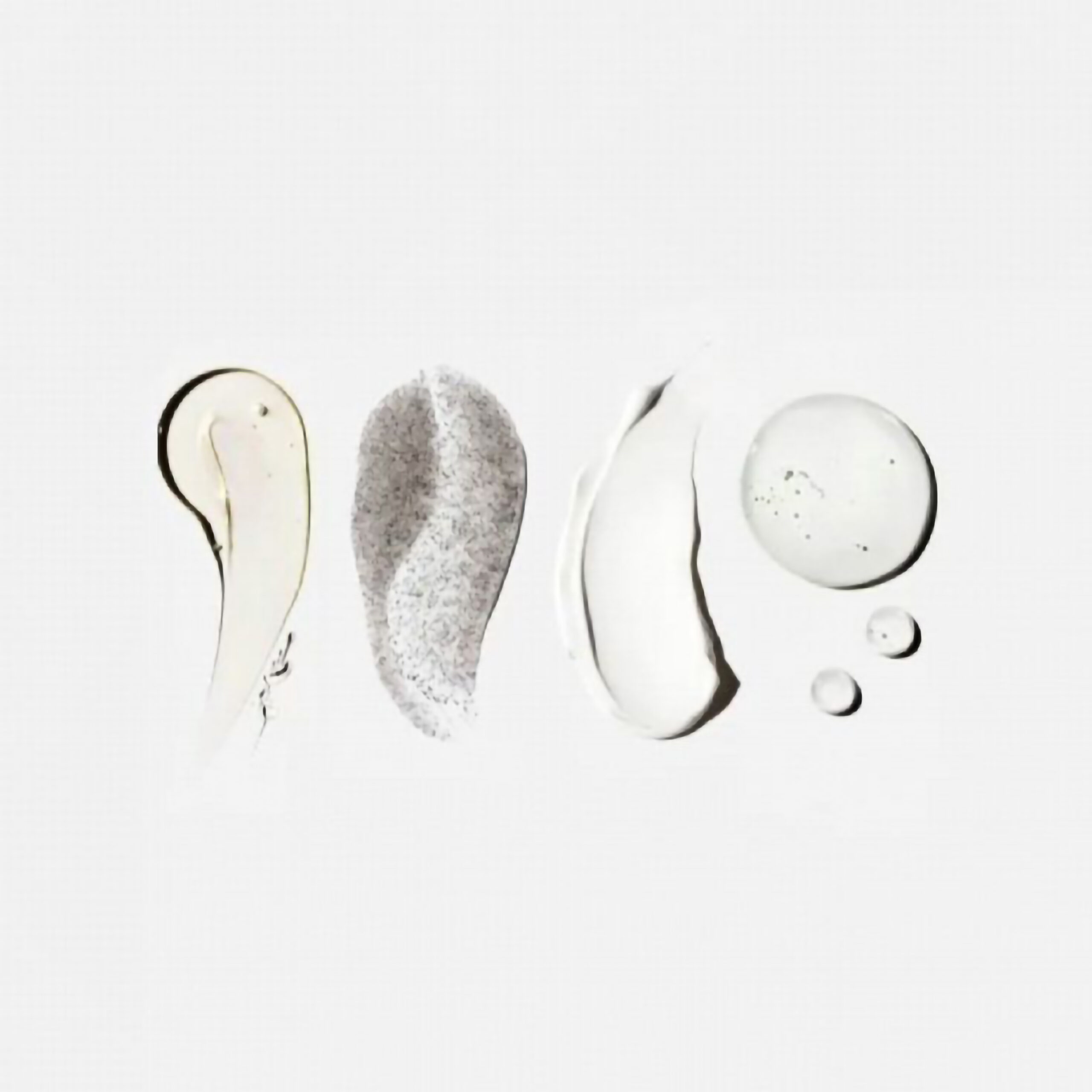Skin Lightening has long been one of the most prevalent trends in beauty care across Pakistan, and people are constantly seeking solutions that help in brightening skin and evening out skin tone. It is, therefore, very important to know the ingredients included in these products and their various benefits. In this article, we will take a closer look at some of the popular skin lightening ingredients, how they are used, and ways through which they can help one attain safe skincare.
Vitamin C:
Vitamin C is considered an antioxidant, a skin lightener whose mechanism of action lies in the inhibition of the enzyme tyrosinase, resulting in lightening of dark spots to effect even tones. Of these, derivatives such as Sodium Ascorbyl Phosphate or Magnesium Ascorbyl Phosphate are considered more stable with less tendency to oxidize. Start at a 10% concentration and slowly go up to 15-20% for maximum effect. Serums are recommended for better absorption and stability.
Alpha Hydroxy Acids (AHAs)
AHAs are very excellent exfoliants of the skin with visible texture improvements. They include glycolic acid and lactic acid.
Glycolic Acid:
This gentle exfoliant removes the cells of death at the top, which leaves the skin so bright. It is good for normal to oily skin types but stings the skin if it's sensitive.
Lactic Acid:
Also referred to as the mildest AHA, lactic acid is perfect for dry and sensitive skin. Since it hydrates the skin while exfoliating, it works well against dark spots or uneven skin tones.
Retinoids:
Retinoids are derived from Vitamin A and are well-known for anti-aging properties and fading hyperpigmentation. They increase cell turnover, stimulate collagen production, and result in smoother and more youthful skin appearance. Over-the-counter options are gentler, like retinol. Much stronger is the prescription retinoic acid. For minimizing the risk of irritation, one should pair retinoids with a good moisturizer.
Niacinamide:
Niacinamide is, in fact a form of Vitamin B3, hence good for all skin types. It could lighten acne scars, reduce inflammation and increase collagen production. Being gentle, yet effective, it's perfect to treat any kind of skin issue in general and hyperpigmentation in particular.
Kojic Acid:
Kojic acid comes from fungi and is a milder version of Hydroquinone. It works against melanin production, acts as an antioxidant, so it will make a great ingredient for sensitive skin. Be sure to choose formulas that contain no more than 2% to avoid irritation.
Azelaic acid:
Very much like beta hydroxy acids, Azelaic Acid is contained in many varieties of grains such as rye and barley. It works very well on sensitive skin and is an effective treatment against acne and hyperpigmentation. It can be combined very safely with other active ingredients without sensitive reactions.
Arbutin:
Arbutin is an herbal Hydroquinone alternative derived from bearberry plants. It restrains the amount of tyrosinase, promoting a slight skin lightening. It's often combined with Vitamin C to enhance the lightening effects while being more appropriate for all skin types.
Hydroquinone:
Hydroquinone is an aggressive skin-lightening ingredient that reduces the production of melanin. While this ingredient is effective, there is controversy over its utilization because of the possible side effects, and its use has been banned by various countries. The best results are in people with fair skin, and usage is not recommended beyond five months because there may be risks associated with blue pigmentation.
Salicylic acid:
Salicylic acid is a beta hydroxy acid that goes deep into pores, acting on acne and hyper-pigmentation by exfoliating the skin and increasing cell turnover, which shall help these dark spots gradually fade out. This works wonderfully for oily and acne-prone skin but must be well moisturized towards the end to prevent dryness.
The Bottom Line
These ingredients serve to exfoliate dead skin cells or suppress melanin production, thereby increasing radiance and evening out skin tone. However, beware of increased sun sensitivity and be sure to use a broad-spectrum sunscreen with an SPF of 30 or higher. Remember to consult a dermatologist before starting any new skincare regimen—especially if you have sensitive skin or have been diagnosed with certain skin conditions.
Conclusion:
With the rage of getting a fairer complexion in countries like Pakistan, it is very important that one be aware of the ingredients found within these skin lightening products to ensure one's safety and effectiveness. A daily skincare regime including products with only active ingredients founded on science-based reasoning will leave you with radiant, even skin tones without putting your skin at risk. Consider safety always and remember gradual results go a long way compared to instant results.

